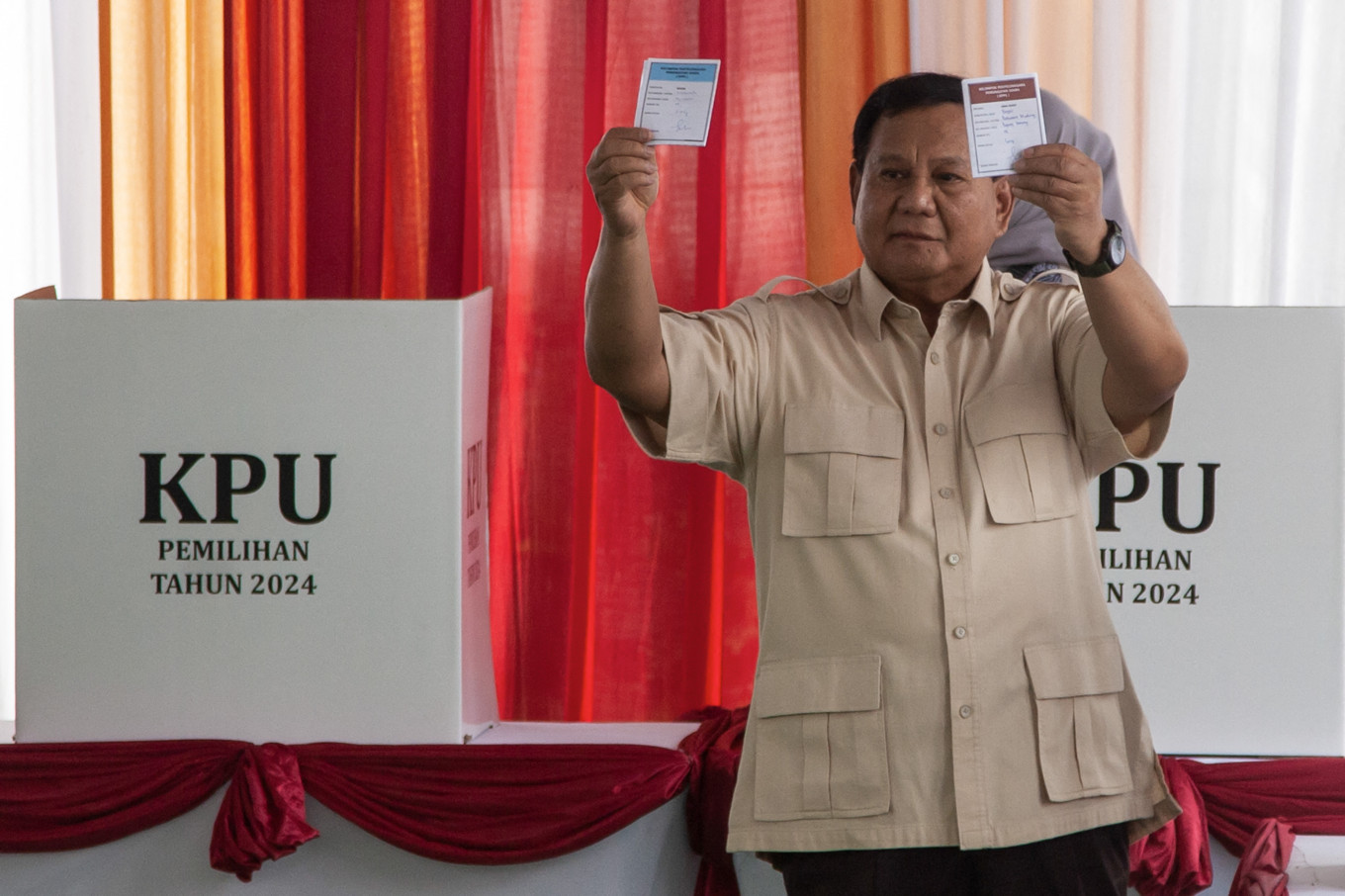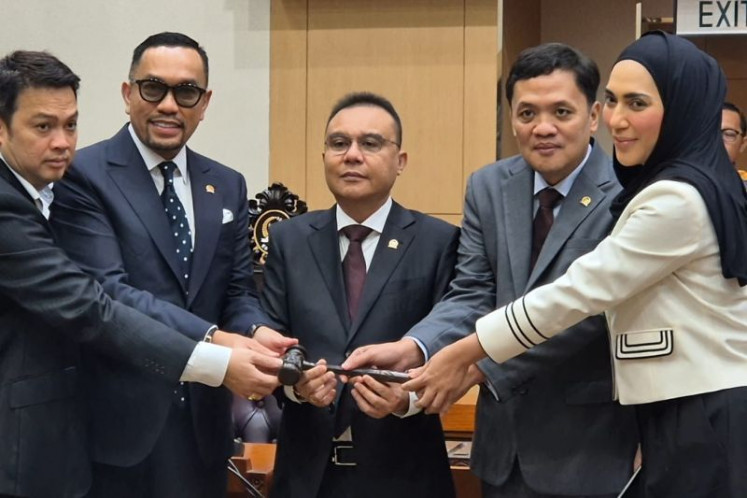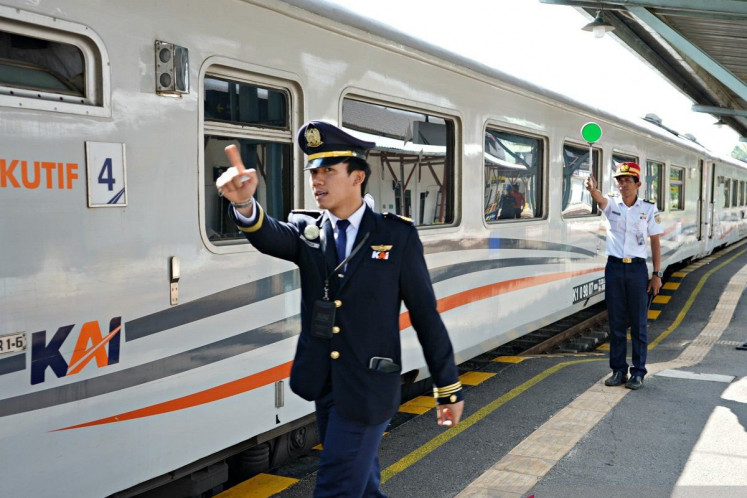Popular Reads
Top Results
Can't find what you're looking for?
View all search resultsPopular Reads
Top Results
Can't find what you're looking for?
View all search resultsSimultaneous election system doesn’t reduce costs: Bima Arya
Deputy home minister reveals that the 2024 simultaneous elections incurred high costs, contrary to the initial intention of saving money..
Change text size
Gift Premium Articles
to Anyone
D
espite initially aiming to cut costs, the 2024 simultaneous elections turned out to be highly expensive, Deputy Home Affairs Minister Bima Arya Sugiarto has revealed.
According to a Finance Ministry report, the government allocated a total of Rp 71.3 trillion (US$4.34 billion) for the 2024 elections. By early 2024, Rp 16.5 trillion had already been spent for the elections held on Feb. 14. Most of the budget was disbursed to the General Elections Commission (KPU) and the Election Supervisory Agency (Bawaslu).
“There was a time when we believed that we needed to cut election costs, and one of the ways was through simultaneous elections. But it turns out that wasn’t the case,” said Bima during a discussion event at the Democratic Party headquarters in Central Jakarta on Monday.
As an analyst, Bima admitted that he disagreed with the simultaneous election system for several reasons apart from cost issues.
His concerns included the lack of attention to regional issues, the overwhelming burden placed on organizers and the heightened risk of vote buying.
Bima also noted that Indonesia’s election system is the most complicated in the world. This is due to the wide range of public aspirations it accommodates, from the presidential election to regional head elections.
The Association for Elections and Democracy (Perludem) has proposed a revised approach.
According to Perludem analyst Heroik Pratama, Indonesia could start dividing the elections into two stages beginning in 2029.
“After 2029, we can start to gradually conduct simultaneous national and local elections,” Heroik said, as quoted by tempo.co.
National elections would cover the president, the House of Representatives and the Regional Representative Council (DPD), while local elections would include governors, regents, mayors and members of the regional legislative councils (DPRD) at provincial and regency/city levels.
This alternative is based on lessons learned from the 2019 and 2024 elections, which were seen as overwhelming for voters due to the large number of candidates.
The April 17, 2019, general elections saw all the presidential and legislative elections held on the same day, leading to overwork among polls workers. It was reported that 849 poll workers died, while another 5,175 fell ill.
The general elections were followed by regional head elections on Dec. 9, 2020.
In 2024, both the general elections and regional head elections were conducted in the same year, on Feb. 14 and Nov. 27, respectively.
Heroik believes that dividing the elections could reduce voter fatigue and ease the workload for polling officers. It could also help streamline logistics in the electoral process.











